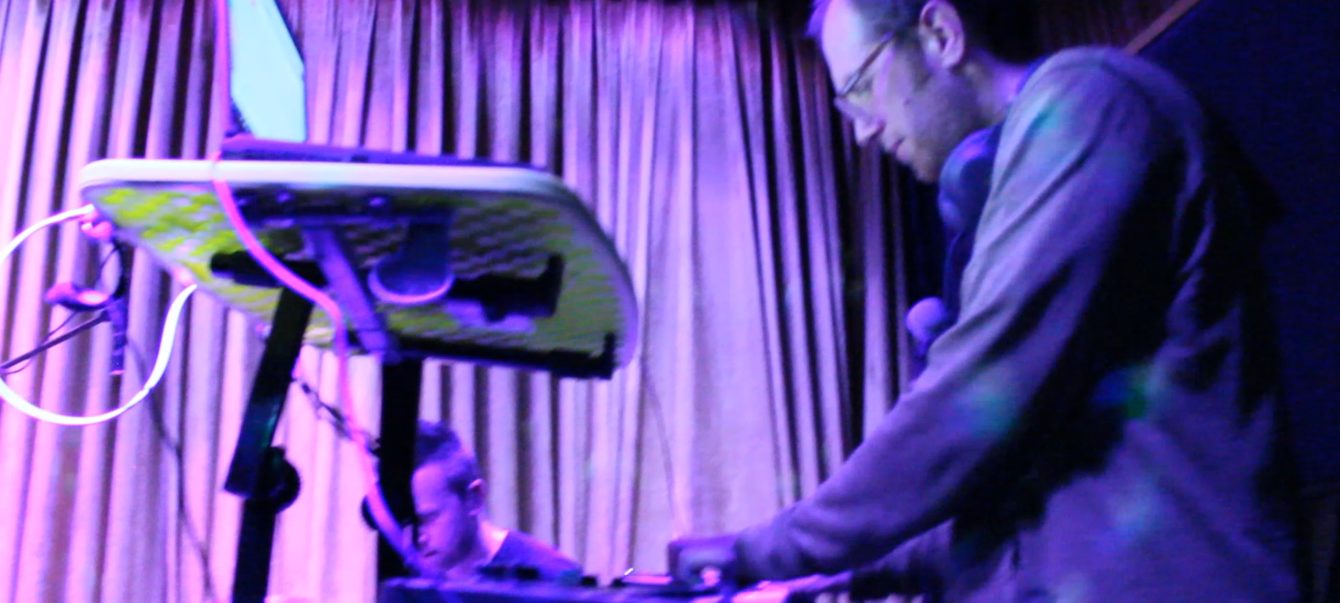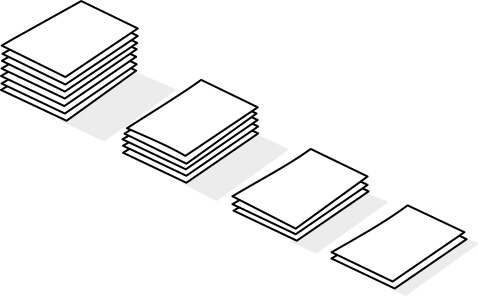Live Clips with KJ Sawka and Tim Lefebvre
A few moments from last week’s show were captured and I thought I would share them here. It was a true honor to perform and improvise along with these two legends. I’m thankful to everyone who filled the room and made it a special night.
Here are the clips (you may need headphones or good speakers to feel the bass properly)…








